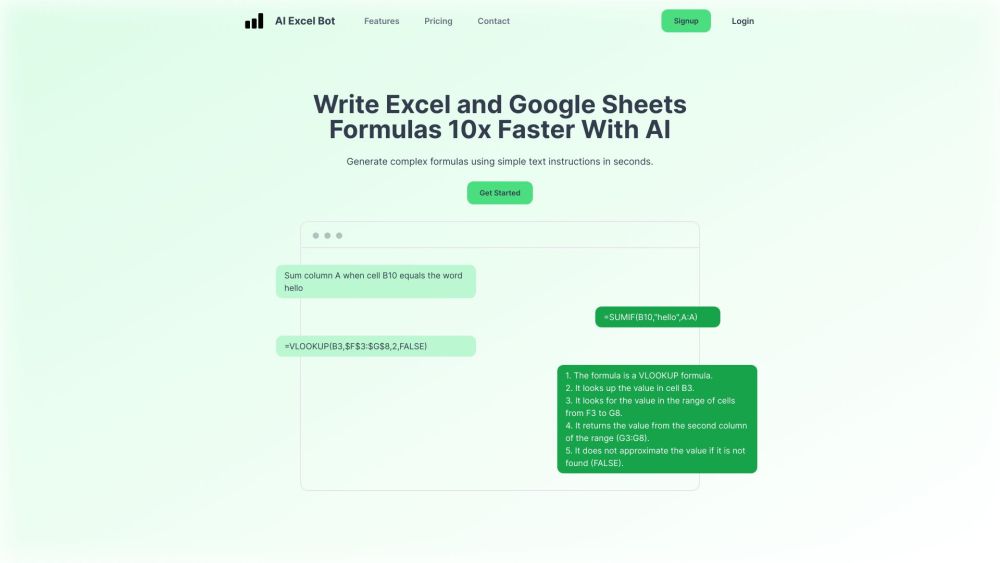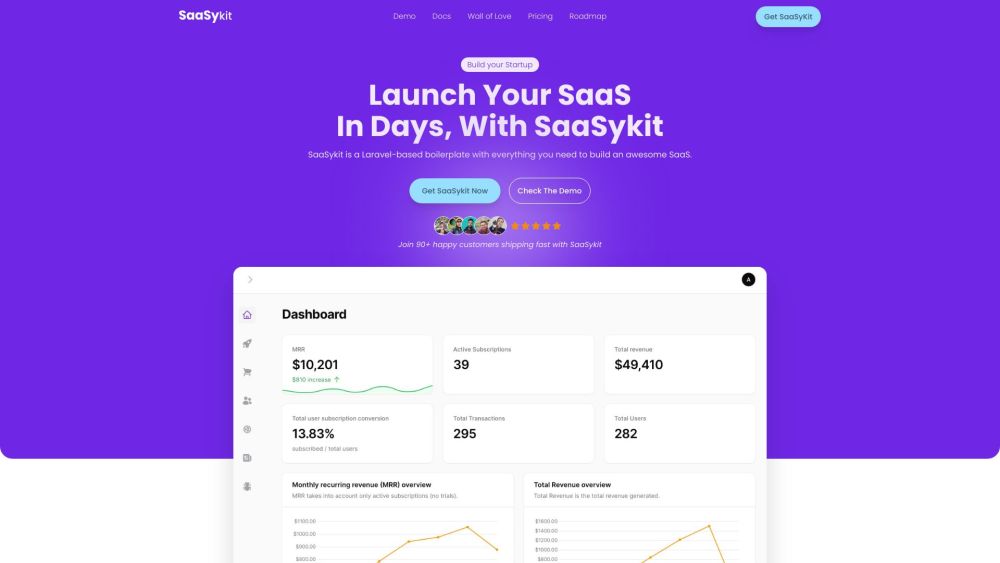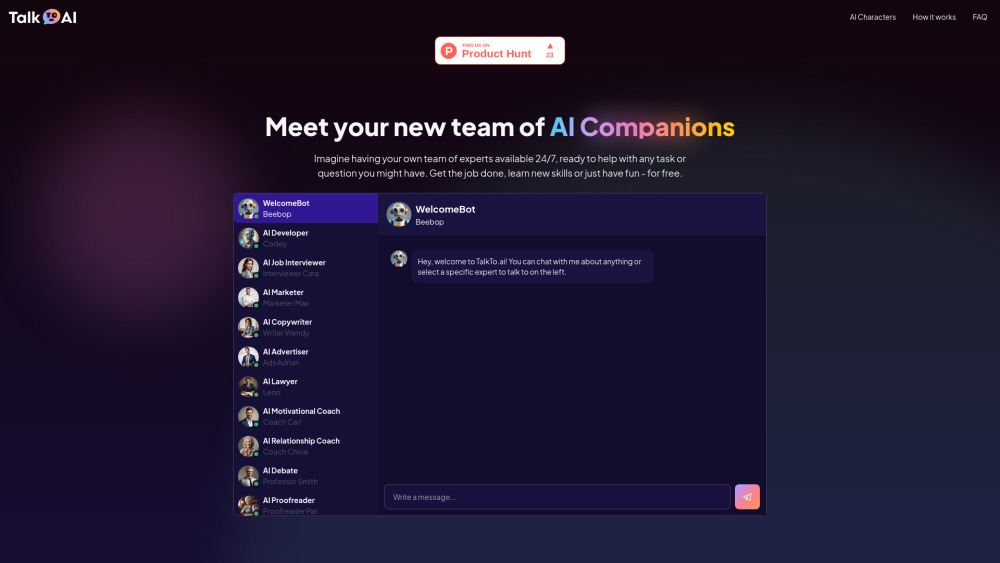This article is part of a VB special issue. Read the full series: Automation and jobs in the new normal.
Salesforce and Workday have formed a strategic partnership aimed at revolutionizing enterprise software through advanced AI capabilities and integrated data solutions. This collaboration merges Salesforce’s expertise in customer relationship management (CRM) with Workday’s strengths in human resources and finance.
The partnership focuses on three essential components: an AI-driven employee service agent, a unified data foundation, and seamless integration with Slack. These innovations are set to transform how businesses manage workforce dynamics, customer relationships, and financial strategies.
AI-Powered Employee Agents: The Future of Workplace Assistance
At the heart of this partnership is an AI employee service agent developed on Salesforce’s AgentForce platform. This virtual assistant will utilize data from both companies to automate various tasks, including onboarding, benefits management, and career development.
“Unlike other agents that require escalation to a human, this assistant facilitates knowledge transfer with human team members for a seamless experience,” said David Schmaier, Salesforce's president and chief product officer.
Unified Data Foundation: Bridging CRM and HR
The partnership also introduces a unified data foundation, with Workday joining Salesforce’s “zero-copy” partner network. This integration allows for seamless access to data between the two platforms without duplication, making Workday the first application software company to join this network alongside data lake providers like Snowflake and Google.
“Data underpins every customer and employee experience, powering AI, which in turn enhances those experiences,” Schmaier emphasized.
For businesses, this partnership offers tangible advantages across various areas. Somers illustrated how the integrated system could help sales managers:
“As a sales manager, I can inquire about my top three sales reps, review their training records, and compare this to my lower-performing team. All of this can be managed through a conversational interface in Workday, Salesforce, or Slack,” Somers explained.
Transforming Enterprise Software: A New Era of AI Solutions
This collaboration signals a substantial shift in the enterprise software landscape. By leveraging their strengths, Salesforce and Workday are better positioned to compete with tech giants like Microsoft and Oracle, which are rapidly enhancing their AI capabilities.
The partnership addresses key trends in enterprise software, including the increasing demand for integrated functions across CRM, HR, and finance. By merging Salesforce’s customer data with Workday’s employee and financial information, the partnership creates a comprehensive view of business operations that can lead to improved decision-making and operational efficiency.
Additionally, the emphasis on AI-driven solutions aligns with the industry's move toward automation and intelligent assistants. This shift could lower operating costs and enhance employee productivity by automating routine tasks and improving user interfaces.
The unified data foundation is a pivotal aspect of this alliance. By joining Salesforce’s “zero-copy” network, Workday positions itself as a leader in data integration for the cloud era, potentially setting new standards for enterprise data sharing and integration strategies.
However, this partnership also raises concerns regarding market consolidation and data privacy. As data centralizes across significant platforms, questions about security and potential monopolistic behaviors may emerge.
New AI-powered services are expected to be available later this year, with demonstrations planned for upcoming Dreamforce and Workday Rising conferences.
“This groundbreaking partnership between leaders in their respective fields will leverage AI to enhance the availability of employee, customer, and financial data, ultimately improving productivity and effectiveness,” Schmaier stated.
The Salesforce-Workday alliance marks a pivotal moment in enterprise software, signaling a future where AI-driven solutions and integrated data become standard practice. As organizations navigate the complexities of digital transformation, this partnership illustrates a world where the lines between CRM, HR, and finance blur, facilitating more interconnected and intelligent business operations. The success of this initiative could encourage similar collaborations among tech giants and intensify the AI competition in enterprise software.
However, as these powerful platforms merge, issues of data privacy, competition, and the evolving nature of work will come to the forefront. In this new landscape, the office of tomorrow will not only be smarter but fundamentally reimagined. The challenge will extend beyond improving productivity to redefining what productivity means in an AI-enhanced workplace.




